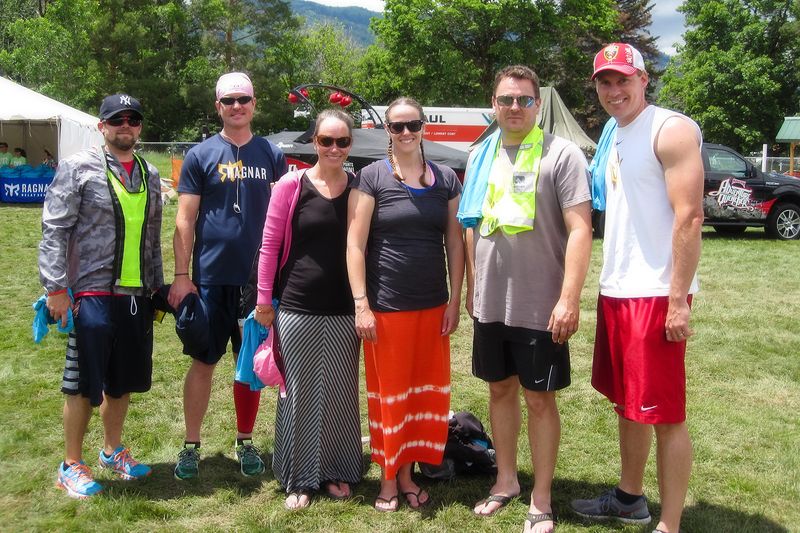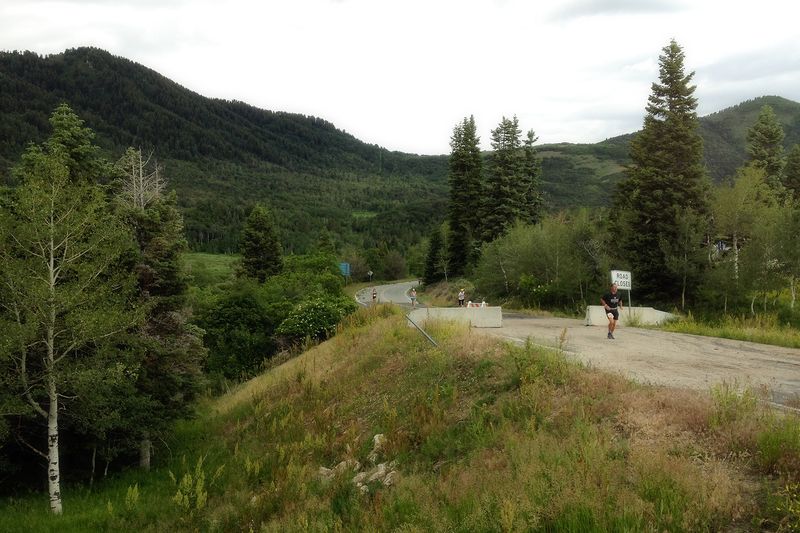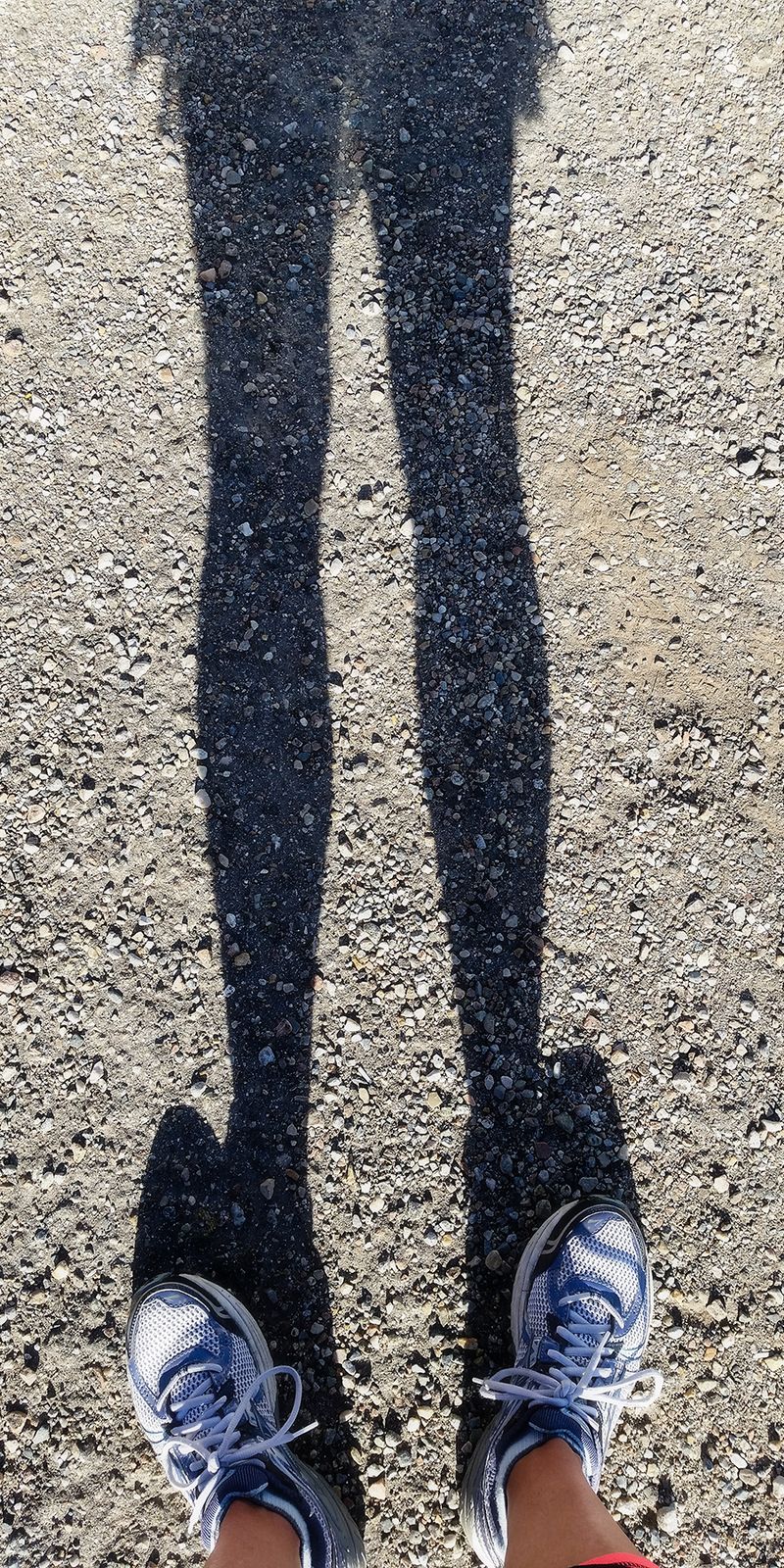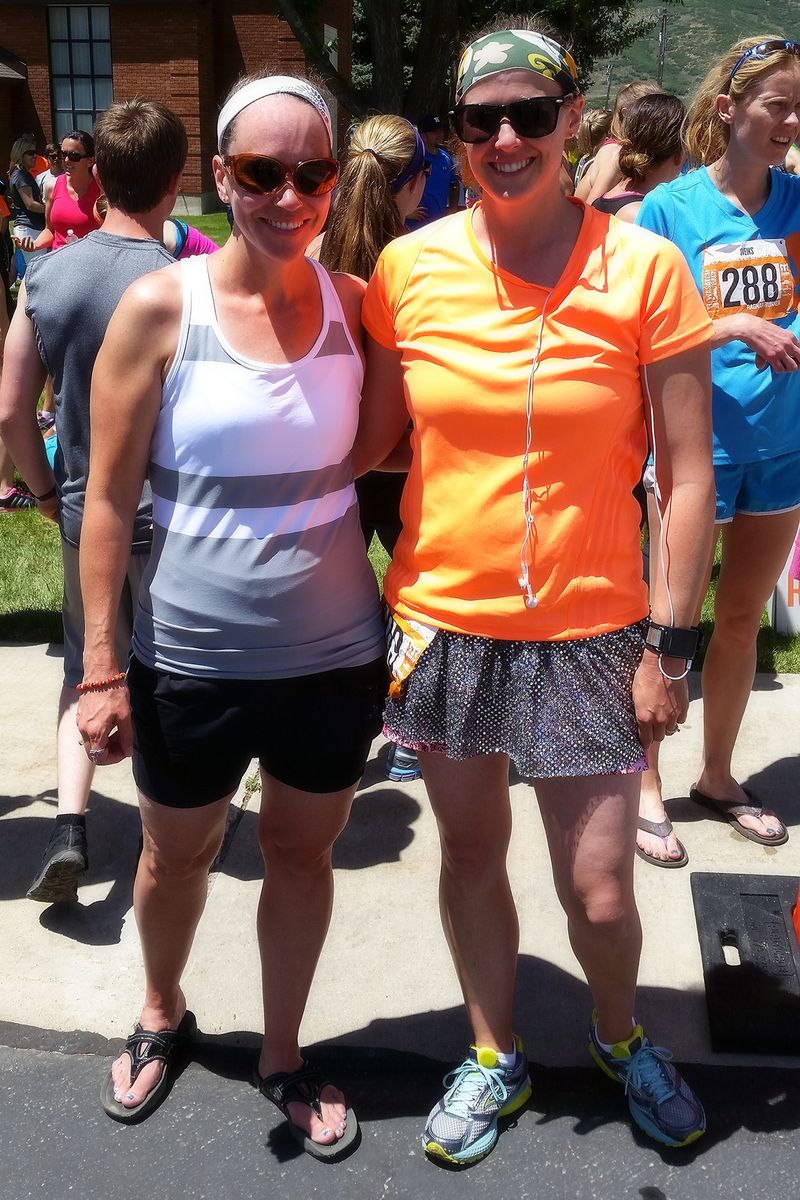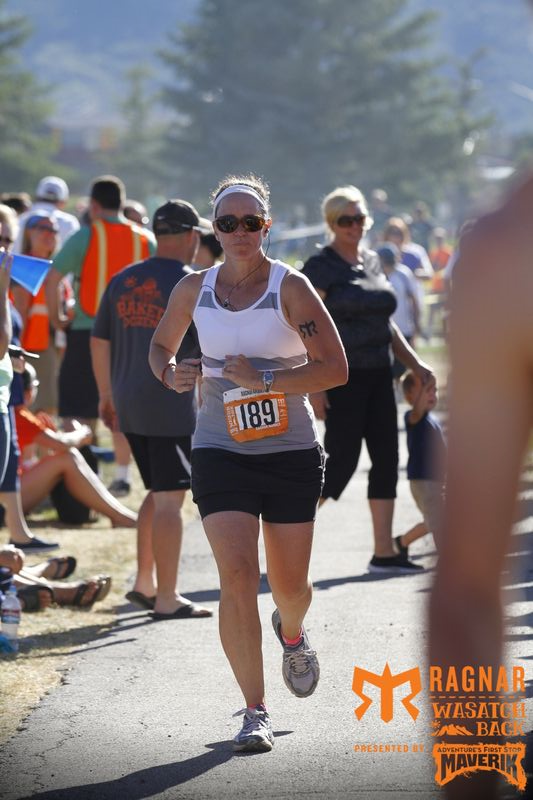The Last Three Books I Finished in 2014 (Book Notes)
Thursday, January 08, 2015
I know…it’s already 2015, and I’m still writing about stuff I did in 2014. But I had set myself a goal of writing about every book I read in 2014, and while I didn’t make that completely, I was pretty close. And to keep that goal, here are some thoughts about the last three books I finished in 2014. (The book I was actually reading when 2014 ended was All the Light We Cannot See, but since I didn’t finish it until January, I’m letting it stay with the 2015 book notes.)
The Dream Thieves
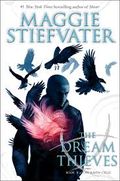 This is the second book in Maggie Stiefvater’s Raven Boys series. I read the first book in the series only because a librarian friend needed me to, as I thought it broke my don’t-read-any-unfinished-trilogies rule. Then I was thrilled to discover that the third book, Blue Lily, Lily Blue is already written and published. Then I was crushed again to find that it’s not a trilogy after all—there’s still one more book to be written. I hate that. But while I didn’t love her book The Scorpio Races (I didn’t hate it…I just didn’t love it like everyone else seemed to), I nearly immediately, three pages in, adored The Raven Boys. I decided, though, that from now on I’m going to write one book note per series (rather than per book), so I’ll share more thoughts about The Dream Thieves when I finish all of the series…the unfinished series.
This is the second book in Maggie Stiefvater’s Raven Boys series. I read the first book in the series only because a librarian friend needed me to, as I thought it broke my don’t-read-any-unfinished-trilogies rule. Then I was thrilled to discover that the third book, Blue Lily, Lily Blue is already written and published. Then I was crushed again to find that it’s not a trilogy after all—there’s still one more book to be written. I hate that. But while I didn’t love her book The Scorpio Races (I didn’t hate it…I just didn’t love it like everyone else seemed to), I nearly immediately, three pages in, adored The Raven Boys. I decided, though, that from now on I’m going to write one book note per series (rather than per book), so I’ll share more thoughts about The Dream Thieves when I finish all of the series…the unfinished series.
Sigh. How do I get myself into these messes?
Close your Eyes, Hold Hands
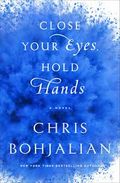 I always like (but not madly or furiously or ferociously love) Chris Bohjalian's novels. I think of him as a middle mainstream author...not fluffy tripe (like, say, Jodi Picoult), but not Serious Literature (like, say, Ian McEwan). (Am I giving away the fact that I really, really am disappointed by Jodi Picoult? When I finished My Sister's Keeper I threw it across the hotel room I was reading in, waking up one small child in the process. If an author sets up a situation wherein characters are gripped by difficult choices, someone should actually have to make a difficult choice, not be saved by a well-timed car accident.) He writes good, strong, interesting stories with compelling characters, but nothing that changes your life. (For what it's worth...Atonement by McEwan changed my life. Sweet Tooth did not.)
I always like (but not madly or furiously or ferociously love) Chris Bohjalian's novels. I think of him as a middle mainstream author...not fluffy tripe (like, say, Jodi Picoult), but not Serious Literature (like, say, Ian McEwan). (Am I giving away the fact that I really, really am disappointed by Jodi Picoult? When I finished My Sister's Keeper I threw it across the hotel room I was reading in, waking up one small child in the process. If an author sets up a situation wherein characters are gripped by difficult choices, someone should actually have to make a difficult choice, not be saved by a well-timed car accident.) He writes good, strong, interesting stories with compelling characters, but nothing that changes your life. (For what it's worth...Atonement by McEwan changed my life. Sweet Tooth did not.)
Close Your Eyes, Hold Hands, his newest novel, also didn't change my life, but I did enjoy it more than his other books (except The Double Bind, which I still think is his best). It tells the story of Emily Shepperd, whose alcoholic father is the director of a nuclear power plant in Maine—one that melts down. Both of her parents are killed in the melt down, and then they are blamed for the accident, so Emily is afraid to tell people who she is. Instead of reaching out for help, she goes underground: a few days at a homeless shelter, a month or so living with a drug addict who sends her down to the truck stop when they are running low on money, and then in an igloo she makes with garbage bags and old leaves.
Emily has always been a writer; keeping a journal has been her way of figuring things out, and as the story progresses you start to see that the book itself is her journal of her experiences. That is what Bohjalian nails here: the voice of a teenage girl. It reminded me, sort of, of The Reapers are the Angels, even though they are nothing alike. Except for the creation of a voice. Emily comes across exactly as you'd expect a teenage girl keeping a journal of her harrowing, post-apocalyptic experiences would.
Which is an amazing thing, writing-wise. But sometimes a little bit draining, reading-wise. Sometimes I felt like I was stuck in one of my old students' writer's notebooks. I don't know how that could be changed, other than by making her supernally old, which is a writing thing I also dislike.
This is starting to sound like I really didn't like it...but I did. I like books with characters who are writers. Throw in that she also likes poetry, and her favorite poet is Emily D., and yeah: a good book for me. Watching how Emily tries to cope with the situations she finds herself in (she becomes a cutter; she experiments with drugs; she finds another homeless kid to mother) was fascinating and heartbreaking and somehow entirely authentic.
Another good, solid novel from a reliable writer.
Six Feet Over It
Quite often when I'm reading YA novels, I'll measure them by what my teenage self might have thought. (You know, back in the dinosaur days before the term YA was even invented.) I tend to read a lot of YA that that version of myself would've been drawn to. Amy of 1989 would've loved Six Feet Over It by Jennifer Longo. It is set in a cemetery (we goth girls love cemeteries), with a sarcastic, shuttered-down girl who is trying to grieve for the death of her best friend (my best friend never died, but I did have a sort of unhealthy fascination with death, thanks to Sylvia Plath) and an unattainable but eminently beautiful boy (it's sort of a long story).
Seventeen-year-old Amy might've stolen it from the library, in fact, and kept it for her own.
As a grown up, I liked it quite a bit, too. It tells the story of Leigh, whose father one day (after her sister has finally entered remission from her leukemia) decides to move their family from Orange County to an inland, Northern California town. Where he has purchased the local cemetery, which will be the new source of their family’s income. And Leigh, he decides, will contribute by selling cemetery plots.
She's not entirely thrilled with this situation.
But it turns out that her bumbling father and apathetic mother bring her to the right place and the right people who eventually help her to figure out her place in the world. The new caretaker at the cemetery becomes her friend (and possible love interest), and the florist’s daughter tries to become her friend. (By the way: The florist is obsessed with Tolkein; he names his home Rivendell and all of his children are named after characters from The Lord of the Rings. How could I not love this book?) Leigh struggles, and reads a lot of Ovid and Homer and poetry, and tries to ignore her grief. And then she finally grieves, and has an adventure.
What was the last book you read in 2014? Or your favorite?
Six Feet Over It is, in fact, a thing Teenage Amy and Grown Up Amy would agree on: we both love it. (I think I loved it even more just knowing that I would’ve loved it as a teenager. It felt like a little bit of honoring and nurturing that version of myself.) But here’s the deal: it’s the last book I finished in 2014 because I left it in Haley’s car, when I had only fifteen pages or so, and then she went back to Logan for almost four weeks. And then, when she came back here with the plan of leaving her car in Salt Lake City while she was in Florida, she locked her keys in her c.ar, before I got the book out, and then I had to wait another ten days before we went back to Salt Lake to reunite her with her car. (And me, finally, with my book.) (Luckily we had a spare key at home.) Right after she came home, however, I was caught up in all the busyness of getting ready for Christmas. So it was more than a month between when I almost finished and I actually did…and the story had stayed with me. I didn’t have to reread to put myself right back into the story, which I think says something about the quality of the writing. This is Longo’s debut, but I’ll be watching for her next book.

